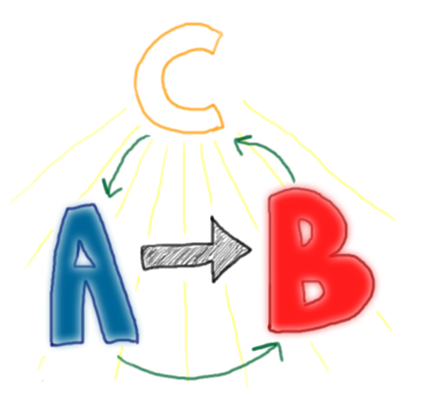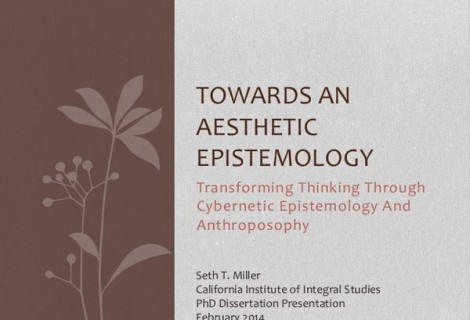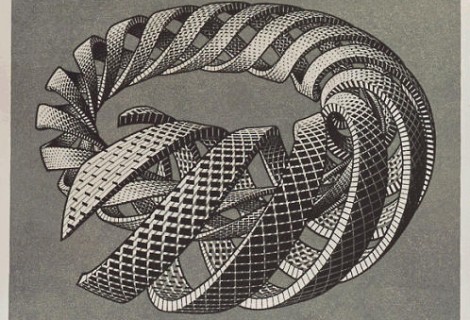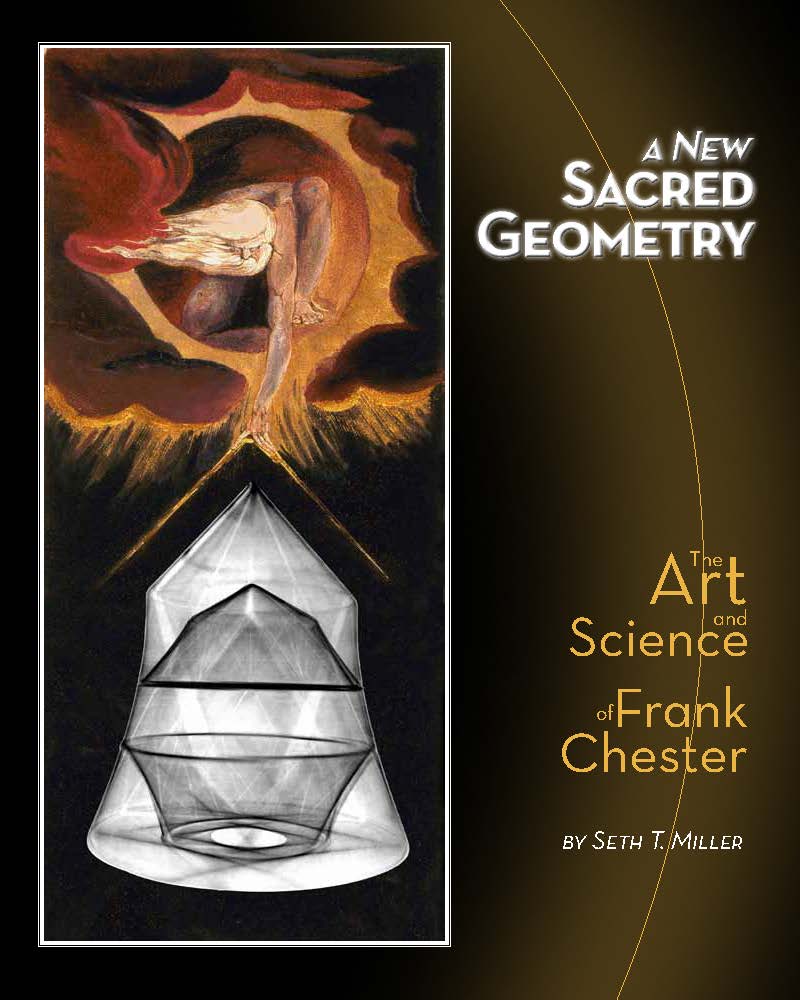Form and content – two levels of change
« Previous Page | 1 2 3 4 5 6 7 8 9 | View All | Next Page »
Context as Higher Order
Now let me point out something else that might seem obvious: every change is a transformation. This means that what IS always has some relationship to what WAS. Even the most random of physical processes are constrained in some way by the particularities of its context. This is an important point to grasp: transformation always occurs within a larger context, which simultaneously provides both limits and possibilities for the unfolding process. Take some arbitrary system A, embedded within the larger context C. Because whether A transforms into B, D, or E is limited by the particular nature of C, we can say that the context C has some primacy with respect to the process P by which A transforms. We could say that the context C is of higher order than the particular process P, or that the process P unfolds the nature of higher order processes that constitute context C.
This way of speaking about transformation is abstract on purpose; it allows us to focus on the patterns of transformation rather than the particular content of A, B, D, and so forth, and it is a language that has been developed in the field known as cybernetics. As Bradford Keeney, a important figure in bringing epistemological aspects of cybernetics to light, indicates: “Cybernetics is principally concerned with changing our conceptual lens from material to pattern” (Keeney, 1983, p.95). By focusing on pattern, in addition to form, we expand our ability to perceive and to know. Now at this point you may think to yourself: “But you can’t just get rid of the content — it matters!” Yes, it does matter, but the important question to consider is how it matters, not that it matters. This is where we take the next step.
« Previous Page | 1 2 3 4 5 6 7 8 9 | View All | Next Page »






Firstly, my sympathies.Secondly, maybe a lttile hope. As you know I plunged in to this world of “EdTech” rather late – and it’s been my observation that most of the people writing about EdTech are no longer writing about EdTech at all. The interesting ones are writing about culture, society and life. EdTech is just an increasingly bare frame to hang more interesting ideas on. The interesting folks add insight, the duller ones platitudes and clunking rhetoric but the framework is no longer important. With your brain and your cross-disciplinary magpie-ism you could find a home in any academic discipline. Of that I am sure.